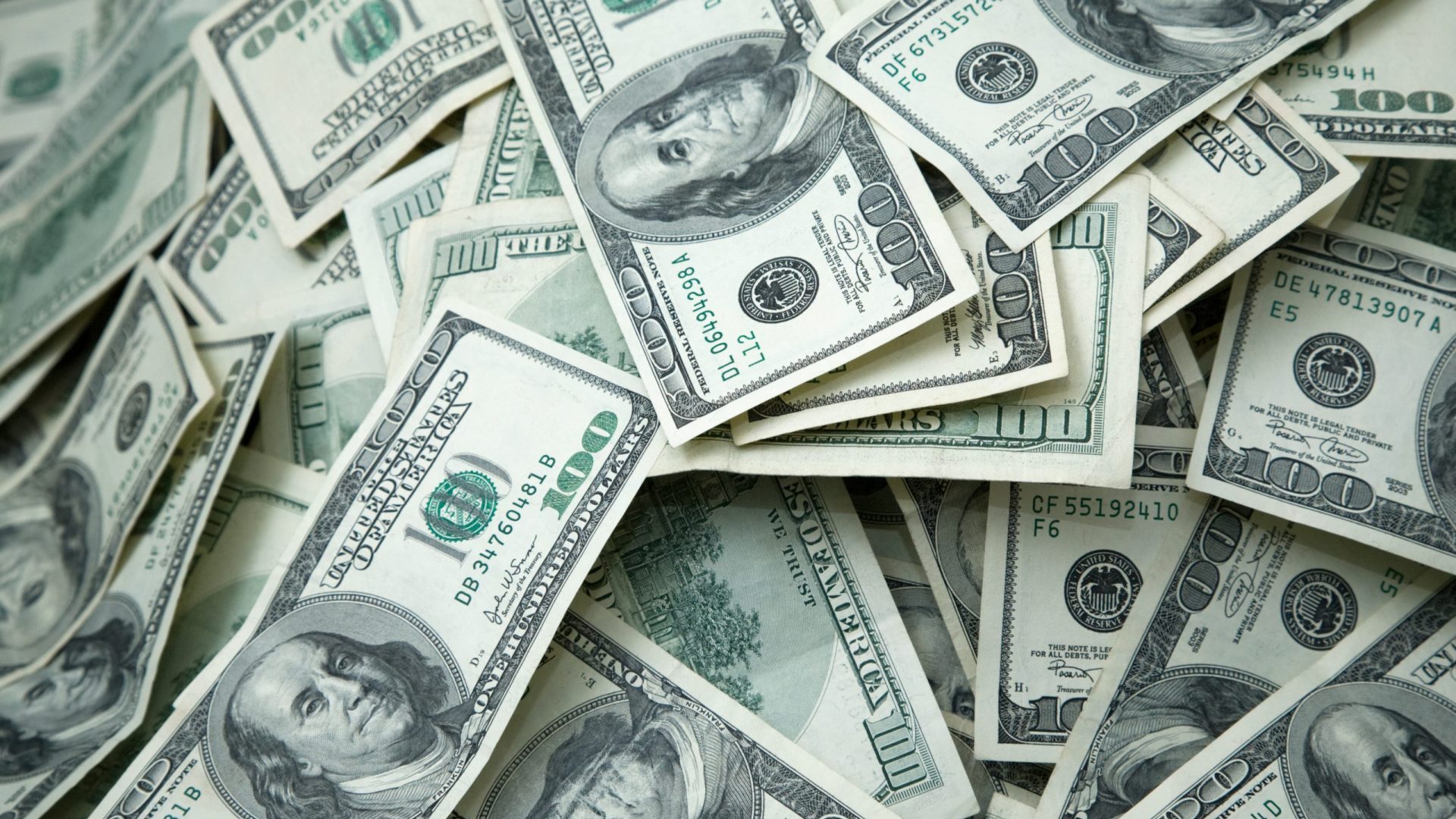How Much Money Do You Win On Who Wants To Be A Millionaire After Taxes?
Table of Contents
Introduction:
Who Wants To Be A Millionaire is a popular television game show that offers contestants a chance to win up to one million dollars. However, many viewers are left wondering how much of that money the contestants actually get to take home after taxes are deducted. In this article, we will explore the tax implications of winning on Who Wants To Be A Millionaire.
Federal Income Tax:
The first thing to consider when determining the tax implications of winning on Who Wants To Be A Millionaire is federal income tax. According to the IRS, all prize 토토사이트 are subject to federal income tax at the individual’s regular tax rate. For example, if a contestant’s regular tax rate is 24%, they would owe $240,000 in federal income tax on a million-dollar prize.
- Federal income tax is a tax on a person’s taxable income, which includes all sources of income, including gambling winnings.
- The amount of federal income tax owed depends on a person’s taxable income and tax bracket.
- The federal income tax system in the United States is progressive, which means that those with higher incomes pay a higher percentage of their income in taxes.
- Federal income tax rates vary depending on income level, ranging from 10% to 37% for individuals in 2021.
State Income Tax:
In addition to federal income tax, winners of Who Wants To Be A Millionaire may also be subject to state income tax. The amount of state income tax owed varies depending on the state in which the winner resides. For example, California has a state income tax rate of 13.3%, which means a contestant who lives in California would owe an additional $133,000 in state income tax on a million-dollar prize.
Other Taxes:
In addition to federal and state income tax, winners of Who Wants To Be A Millionaire may also be subject to other taxes. For example, if the prize is a vacation, the winner may be responsible for paying taxes on the fair market value of the trip. Additionally, if the prize includes a car, the winner may be responsible for paying taxes on the value of the vehicle.

Take-Home Amount:
After all taxes are deducted, the amount that a winner takes home from Who Wants To Be A Millionaire can vary widely. As mentioned above, a winner of a million-dollar prize may owe up to $373,000 in taxes, leaving them with a take-home amount of $627,000. However, the take-home amount may be even less depending on the winner’s specific tax situation.
- Take-home amount refers to the amount of money that an individual actually receives after taxes and other deductions are taken out of their gross income.
- For gambling winnings, the take-home amount will depend on the amount of the winnings, the tax rate, and any other deductions that may apply.
- In addition to federal income tax, gambling winnings may be subject to state and local taxes, which can further reduce the take-home amount.
- Other deductions that may apply to 토토사이트 winnings include withholding for Social Security and Medicare taxes, as well as any voluntary deductions that the winner may choose to make.
Conclusion:
Winning on Who Wants To Be A Millionaire can be a life-changing event, but it’s important to remember that the prize money is subject to federal and state income tax, as well as other taxes. Depending on the winner’s specific tax situation, the take-home amount may be significantly less than the advertised prize. It’s always a good idea to consult with a financial professional to fully understand the tax implications of winning a large sum of money.
